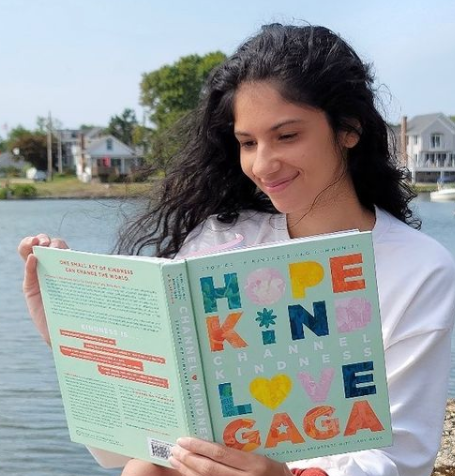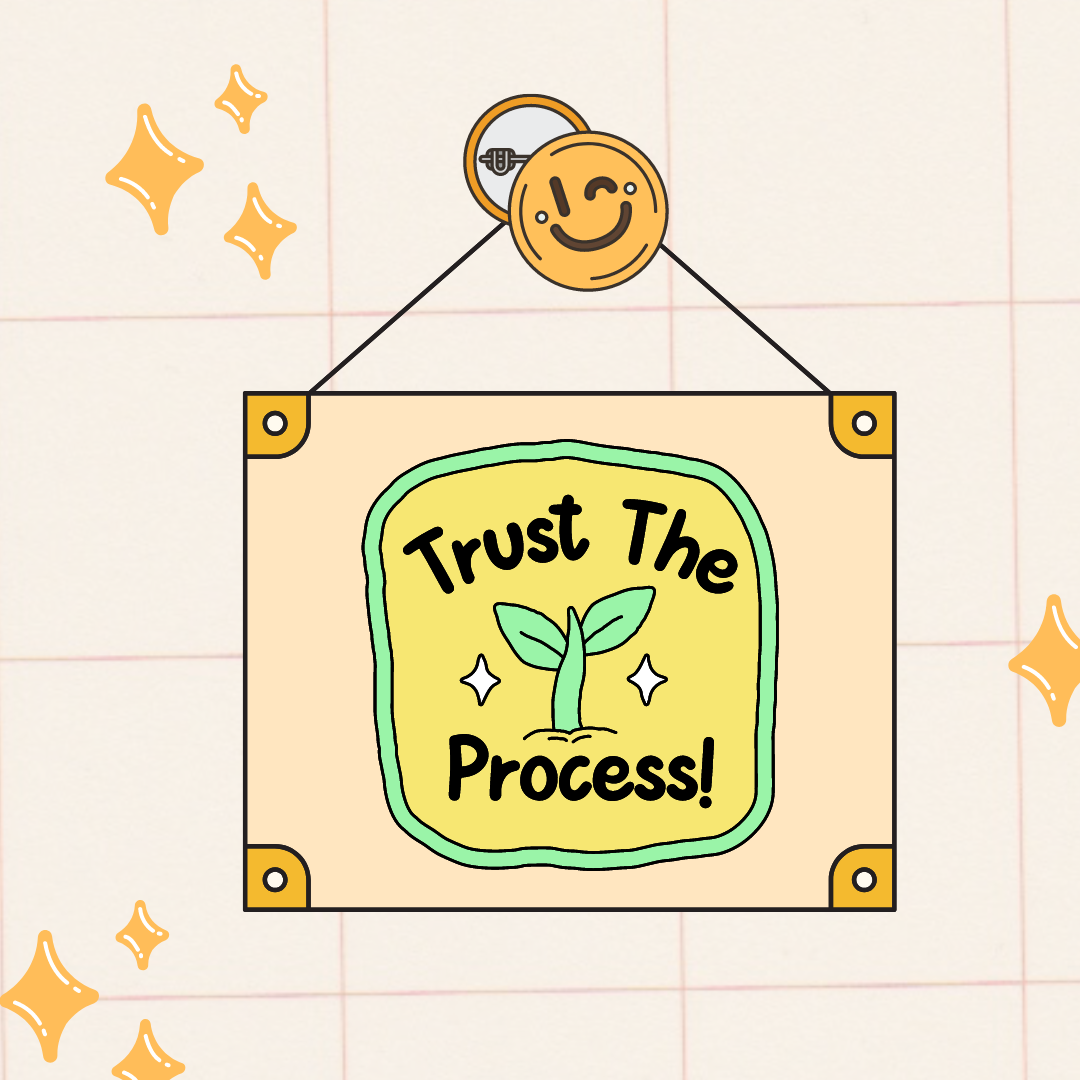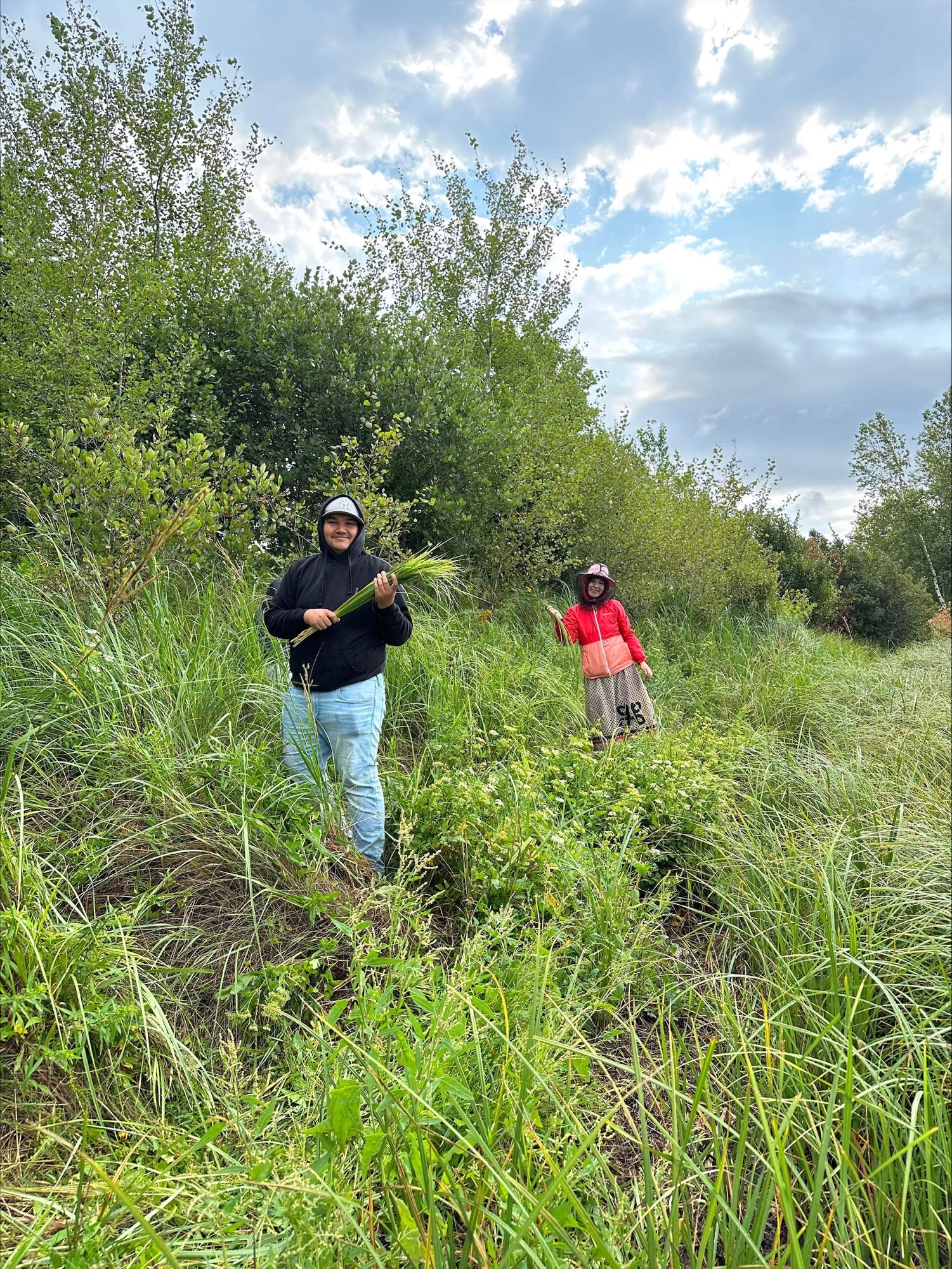As a school psychologist for about 13 years, Heidi Trasatti knows how important learning social and emotional skills (SEL) are in order for students to become successful and happy adults.
That is why she praises her fellow colleagues and community members at Windsor Hills Elementary-Middle School in Baltimore, Maryland. Instead of offering these SEL skills as an out of the class service or support for students with the highest behavioral issues, they have integrated them into the classrooms so that everyone has the opportunity to benefit from them.
“By using these strategies in large groups, or whole classes, we normalize learning about our feelings and how to manage them,” she said. “We know that many of our students have encountered adverse childhood experiences, and even if we don’t know each student’s story, we know that building relationships and teaching skills will help all of them.”
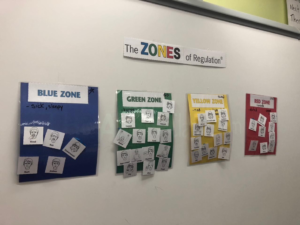 To help students build these skills, Heidi started a Donors Choose project to raise funds to help kick-start new social emotional initiatives at school, including the“Zones of Regulation” and “Superflex” curriculums.
To help students build these skills, Heidi started a Donors Choose project to raise funds to help kick-start new social emotional initiatives at school, including the“Zones of Regulation” and “Superflex” curriculums.
The “Zones of Regulation” curriculum, which is designed to foster self-regulation by providing students with a toolbox of skills, addresses skills in the areas of self-awareness, self-management and responsible decision making. The“Superflex” curriculum will also help students learn strategies to help combat thoughts that contribute to social, behavioral or academic difficulties, and will support skill development in the area of social-awareness and relationship skills.
This project’s resources, Heidi said, are “tools” that have been identified as being effective in helping students manage their emotions. With the funds raised, Heidi was able to purchase sensory toys, portable light changing LED aromatherapy diffusers, aromatherapy oils, a bean bag chair, games about mindfulness, and books that help students better understand their emotions. Ultimately, these items all provide students the opportunity identify, work through, and express their feelings.
“The more tools that they have to handle their emotions, the more successful we hope they will be in handling difficulties,” she said. “For example, if a student is feeling irritable at others, they may work to create a menu of things they can do to handle this, such as, spending 10 minutes in the cool down chair with a preferred fidget sensory item, taking 10 belly breaths, drawing or writing about their feelings, visualizing a calming place, or wearing noise-blocking headphones during independent work to block out noises that could be bothering them.”
The combination of this project’s resources have helped create “student-centered spaces” that allow students to effectively handle their emotions, Heidi said. She hopes that these spaces lead to less lost instructional time, fewer negative peer interactions, and normalization of the use of coping skills within all areas of the school. As of now, Heidi is already seeing how teaching SEL skills can help students effectively communicate and interact in school.
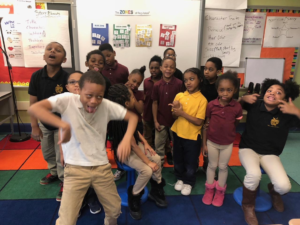 “The most basic supports — a positive relationship and a safe space — have made a huge difference for our students’ regard for school,” she said. “The most striking thing that we have noticed in the 1st grade where there have been ongoing SEL supports for three years, is that this class has a tremendous amount of empathy for each other and they will check in on each other in the space if they know a classmate needs it.”
“The most basic supports — a positive relationship and a safe space — have made a huge difference for our students’ regard for school,” she said. “The most striking thing that we have noticed in the 1st grade where there have been ongoing SEL supports for three years, is that this class has a tremendous amount of empathy for each other and they will check in on each other in the space if they know a classmate needs it.”
SEL skills are so important to the school curriculum that Heidi, along with other staff members, have formed an SEL staff team that plans social and emotional lessons and activities for all students. This extra support will focus on preventative supports that will be embedded in classrooms throughout the regular school day.
Although Heidi was the one who was recognized as a Born This Way challenge winner, she unselfishly shared the credit with her colleagues, calling them “dedicated in addressing the whole needs of the child.”
“Our conditions aren’t always ideal and our students often come to us with unimaginable trauma and loss,” she said. “But every day, I am inspired by those around me who give 100% in all that they do. They are truly inspiring people and professionals, and I feel so fortunate to be working alongside of them in supporting our students. It is a team effort and I honestly feel humbled to have been selected for this project award.”
To learn more about Heidi or her Donors Choose project, click here.




